I was born on the third of April. And it was minus fifty-two outside! Can you imagine it?
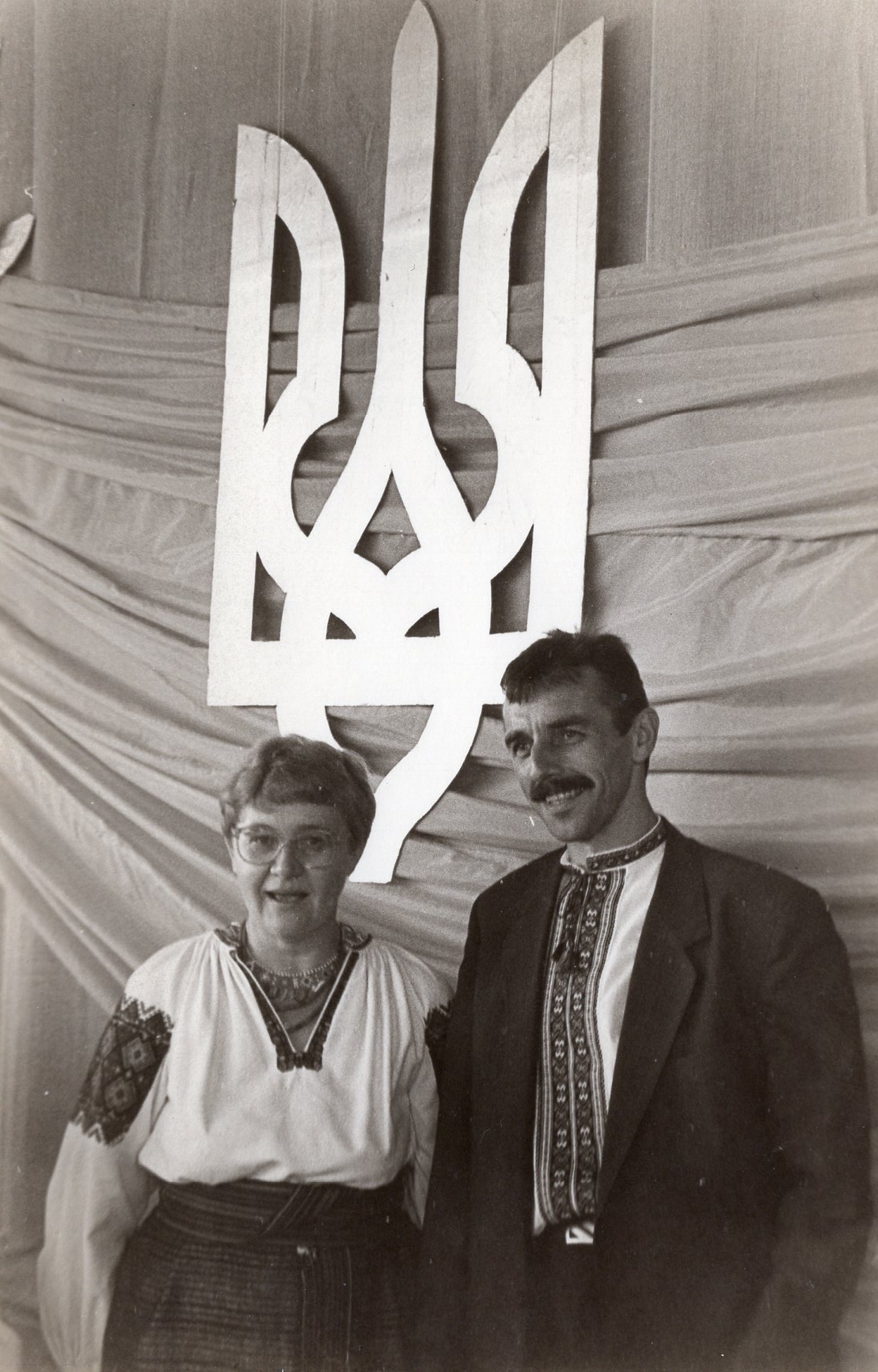
Download image
Iryna Bilyk (née Kabyn) is a traditional Ukrainian beadwork artist and educator. She was born on April 3, 1952, in the special settlement of Borzovo (Peya), Dolgomostovskiy district, Krasnoyarsk area, Russian SFSR. Both her parents were members of the resistance in their home republics — her father in Ukraine and her mother in Latvia. Iryna’s brothers, Roman and Vasyl, were born in Siberia, where her aunt Pavlyna also lived. She was greatly influenced by her father’s friends, Piotr Buyantsev and Oleksandr Hrynko, who stayed in touch with the family even after they were released from Siberia. After graduating from school, she entered the Faculty of Physics at the Ivan Franko State University of Lviv, but was unable to pursue postgraduate studies because of her past. She worked in the sphere of education, and after Ukraine regained independence, she became the director of a local centre for children’s creativity in Lviv. Her passion for beadwork inspired her to reconstruct traditional Ukrainian women’s jewellery. Since 2000 she has been sharing her experience with her students in the Namystynka beading club. She is active in the public sphere and is an honorary member of the Union of Ukrainian Women.
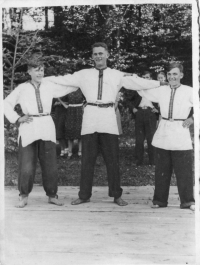
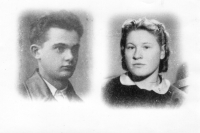
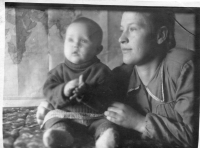
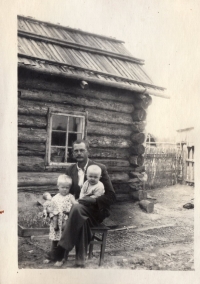
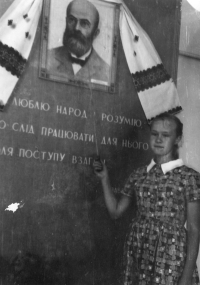
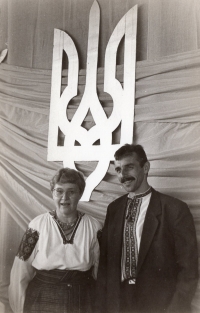
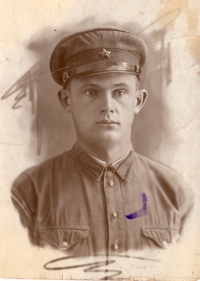
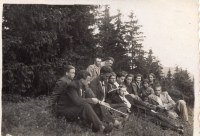
![A view of the Peya special settlement from the Biryusa River. Marks made by Dina Filipova (from left to right): family house, club, [unknown], barrack, 1970s](https://www.memoryofnations.eu/sites/default/files/styles/witness_gallery/public/2024-01/5.jpg?itok=fFuwq74B)